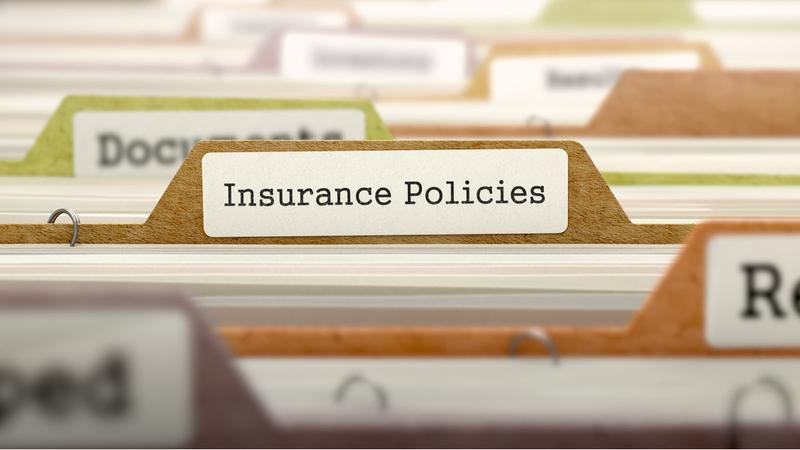When it comes to getting insurance, many of us don’t know that some of the things we are doing (or not doing) could have an impact on our car insurance or home insurance coverage and on what we pay for that coverage.
As always, if you are in doubt about what to do, or are not clear on what something means, contact your insurance professional. They will help clear things up for you.
Here are some do’s, and a couple of don’ts, that you should keep in mind when either looking for a new insurance policy, reviewing, or renewing your existing policy. These tips apply to most policies including your home and auto polices. These tips will also help make sure that your insurance policy will be valid in the event of a claim.
1. Provide correct information: Always give your insurance professional (agent or broker) the correct information. Providing incorrect information can have a negative impact on your premium, and may also disqualify you from coverage in the event of a claim.
2. Shop around: Each insurance company has their own rates. Get multiple quotes to make sure that you are not overpaying. It’s easy with a website like InsuranceHotline.com. You can get up to 10 quotes in 10 minutes.
3. Making a false claim: If you leave out details or information on purpose, you may be committing insurance fraud. An example of insurance fraud would be telling your claims adjuster that you lost more in the event than you actually did, or exaggerating the amount of your loss.
4. Communicate changes: Let your insurance professional know of things that may have changed in your life. And you may be able to save money too! For instance, if you used to drive to work but now take transit; let your insurance broker or agent know. Have you renovated your home recently? Then make sure you update your insurance professional on these renovations so that you are properly protected under your home insurance policy.
5. Know what you are covered for: You don’t want to be over insured or underinsured. Take the time to review your coverage and make sure that you understand what you are covered for. For example, not all homeowner’s policies will cover you in the event of a sewer back up. This coverage must be added onto some policies at an additional charge. Speak with your insurance professional to make sure that you have the protection you need, or if you need clarity on some of the coverage listed on your policy.
